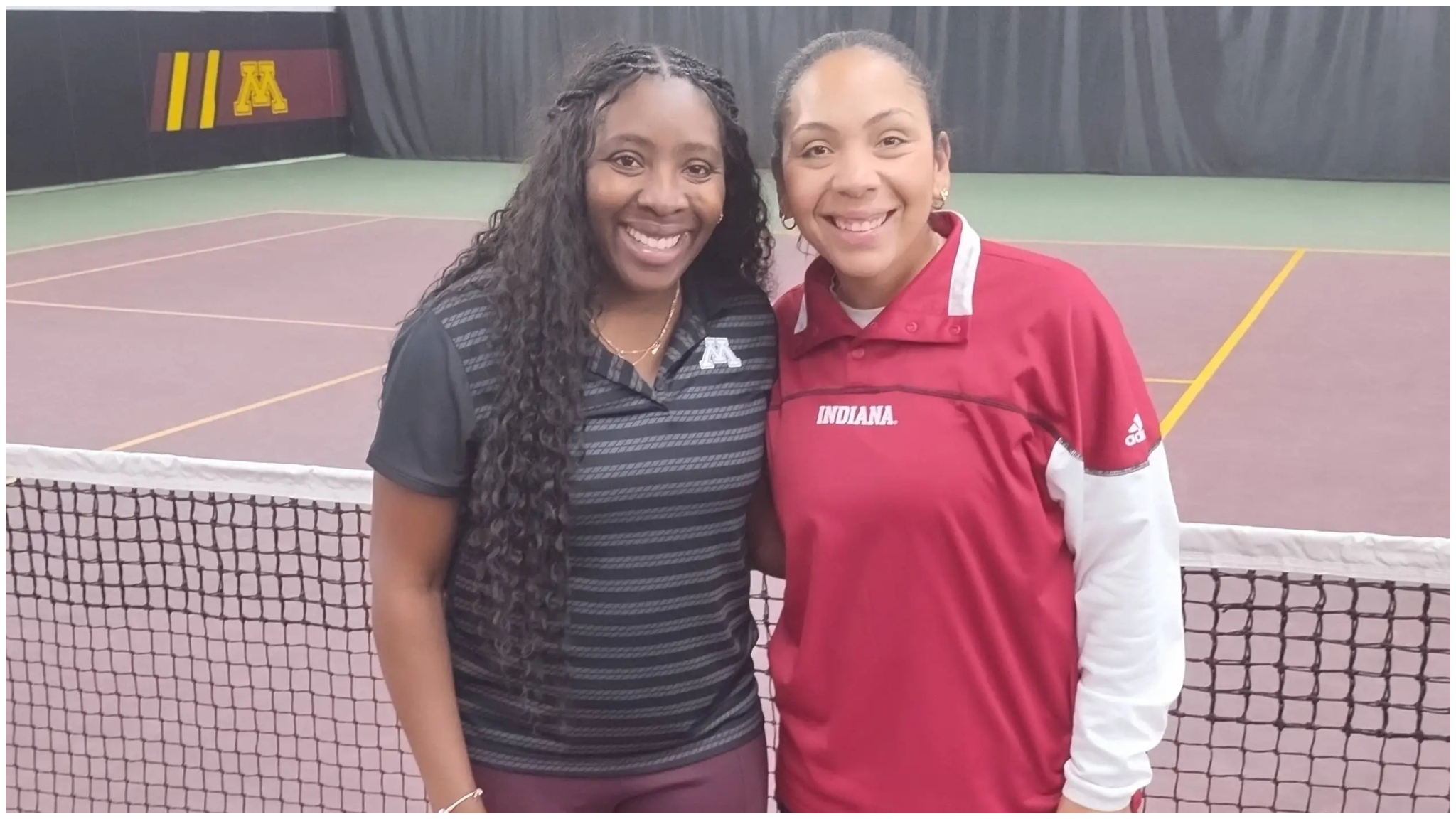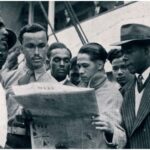First Black Women Head Coaches Compete in Big Ten Tennis History
Lois Arterberry and Gabrielle Moore made history on April 11 in the Big Ten conference. They became the first Black women head coaches to compete against each other in a Division I women’s tennis match.
The historic moment happened when Indiana University faced off against the University of Minnesota in their 33rd matchup. Arterberry coached the Gophers, while Moore led the Hoosiers.
HBCU Roots: From Teammates to Trailblazers
Before leading Big Ten teams, Arterberry and Moore were teammates at Southern University, an HBCU in Louisiana. They played together for two years and helped the team win two championships.
“I was a junior when she came in,” Arterberry said. “We had the opportunity of playing two years together and winning two championships.”
From Jackson State to Division I Coaching Careers
Their coaching journeys began after college, with both women climbing the ranks. Arterberry even hired Moore to join her coaching staff at Jackson State.
Their strong bond and shared experience have helped them grow into respected leaders in the sport. Now, both coach at top-tier universities, showing the power of HBCU training and teamwork.
Representation in Division I Women’s Tennis
Arterberry and Moore are the only Black head coaches for women’s tennis in the Big Ten. They are also the only Black coaches for any sport at their respective schools.
“It’s very important,” Moore shared. “I think it gives other Black coaches a vision of [how] this is where they could be.”
Their visibility matters. It helps younger athletes and aspiring coaches believe they too can lead at the highest level.
A Moment Bigger Than the Match
While Minnesota defeated Indiana in the match, the real win was representation. Both coaches saw the match as more than just competition. It was about unity, legacy, and paving the way.
“This match for us was not only important, obviously, within our conference,” Moore explained, “but… the togetherness of seeing Black women leading in this sport is a huge, huge thing for us.”
Their story reflects not only personal achievement but also the growing presence of Black women in sports leadership.





